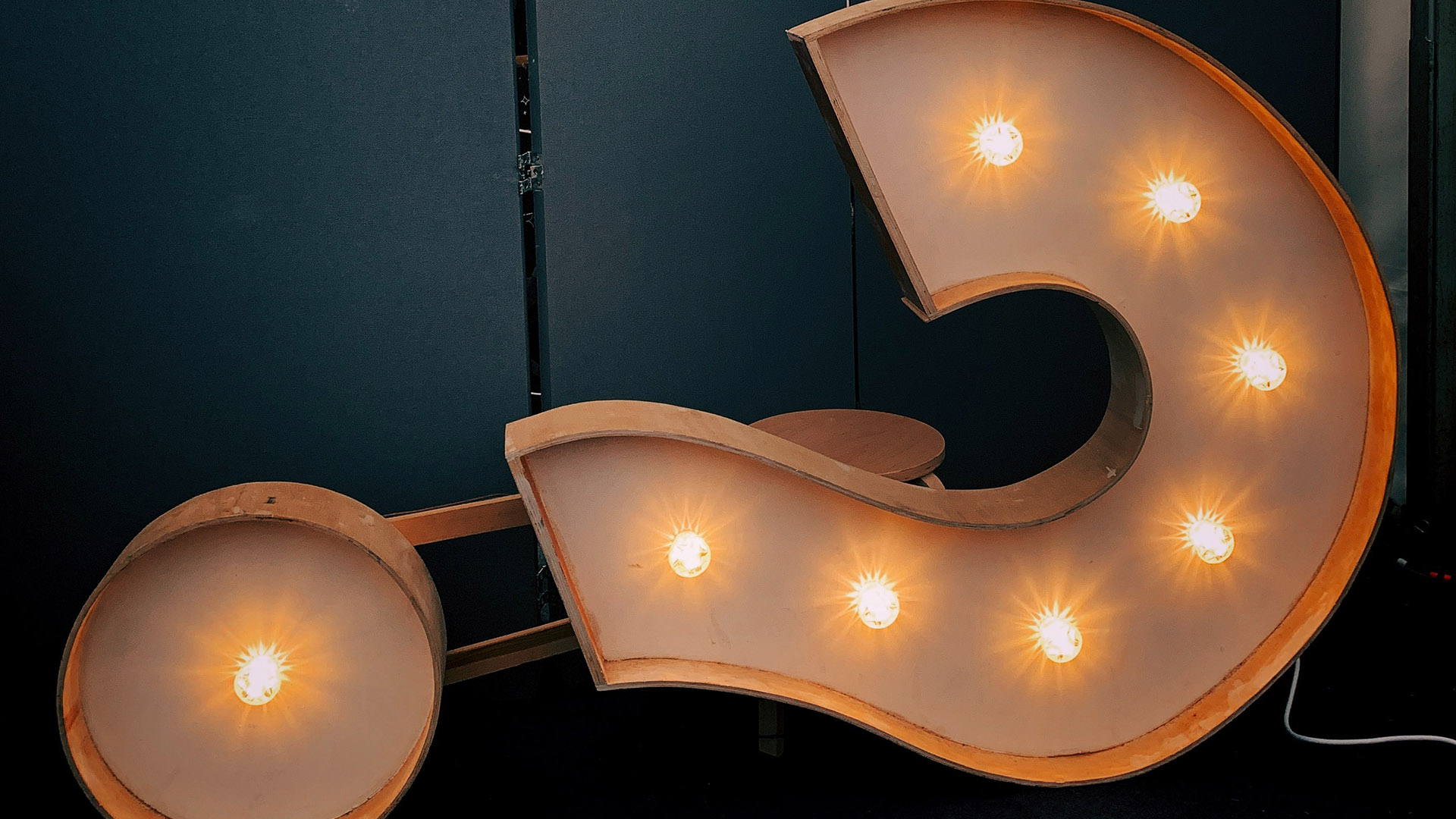We were standing in line at Rome airport (pre-Covid!) waiting to board our next flight. My husband was under strict instructions NOT to look at the departure gate sign.
Why?
Because he was on a mystery flight – the fourth in a row, taking him to an unknown destination as part of a significant birthday celebration.
I was beside myself with excitement that I’d managed after months of pre-planning to get us this close to our holiday destination and he still had no clue as to where he was going, despite trying to work it out from any clues he could gather as we landed in different locations.
He-he-he.
How would you feel in that situation?
Would you be going nuts trying to second guess?
Would you be sneaking a peek at the airport signs?
Or would you feel relaxed, happy with the uncertainty, that where-ever you were going it was going to be great?
Uncertainty
Love it or loathe it there’s plenty to go round at present. The one thing the pandemic has given us in bucketloads is the ongoing uncertainty around how long these unusual times will continue for and what the road ahead holds for us.
The reason uncertainty is such a challenge is because your brain craves certainty. When things are familiar, when you recognise the pattern of events as they unfold you know everything will be alright. It’s safe, and safety is your brain’s primary organising principle.
Uncertainty means the outcome is unpredictable. There’s every possibility you may not be safe. The stress response is triggered, and you experience the discomfort of worry and the ‘what ifs?’
If uncertainty is bugging you, I could murmur sweet platitudes along the lines of
“It’s OK because we’re all in this together”
or
“Toughen up Princess!”
But you might not find that helpful.
What can help is to ask yourself the following question.
“What do I know?”
Stay with me here.
When we feel uncertain, we’re focused on what we don’t know for sure. That leads onto the merry-go-round of negative self-talk and emotion.
Instead by asking what you do know about a given situation will generate a different stream of thought and more positive emotions.
For example, if you’ve made a reservation for dinner at a restaurant that’s been recommended to you by a good friend that you’ve never eaten at before and your partner is very fussy with their food.
Do you worry that the evening will be a disaster because you don’t know if your partner will like the options?
Do you feel frustrated by your partner’s fussiness and wish they could be a bit more easy-going?
Or do you reflect on what you do know?
That your friend is well aware of your partner’s food peculiarities and is unlikely to recommend somewhere where they wouldn’t be catered for.
That your friend has previously eaten there on a number of occasions and raved about the food – so you know the type of things on offer
You know the restaurant has a website and it clearly states all tastes catered for and invites enquiries if anyone has particular sensitivities of allergies to certain foods.
By getting into the practice of checking in with “what you know” it takes you out of stress and catastrophe making you more energised, positive and as certain as you can be that all will be well.
The birthday surprise nearly came off.
My husband started chatting to the lady in the queue as we waited to board and having just told her gaily “I don’t know where I’m going, this is a big surprise” she replied, “Oh, so you haven’t been to Malta before then?”
I think she could tell from the look on my face she’d just made a bit of a faux pas, but my husband just turned to look at me with the biggest smile on his face imaginable. He was so happy with the outcome it was a joy to see.
Uncertainty. It’s with us all the time.
How we choose to respond to it is up to us but if too much uncertainty is causing you distress, remember to check in with what you do know, for sure. It’s part of cultivating a good life and a Thriving Mind.
Dr Jenny Brockis is a medical practitioner and board-certified lifestyle medicine physician, keynote speaker and best-selling author. Her new book Thriving Mind (Wiley) is now available for purchase.



Jenny
Thanks for you weekly offering which I read voraciously. I really like the reminder to maintain a healthy brain when I feel like another serve of sweets or glass of red wine. I don’t always win but I’m at least aware of the consequences. And the regular articles I read on the benefits of exercise are helpful when I’m feeling lazy and want to avoid vigorous exercise.
Thanks again
John Munckton
Hi John,
Thanks so much for your comments
I’m glad you enjoy the blog posts.
Like you say they are reminders (not commands!) and self-awareness is always the first step to whatever decision we ultimately take